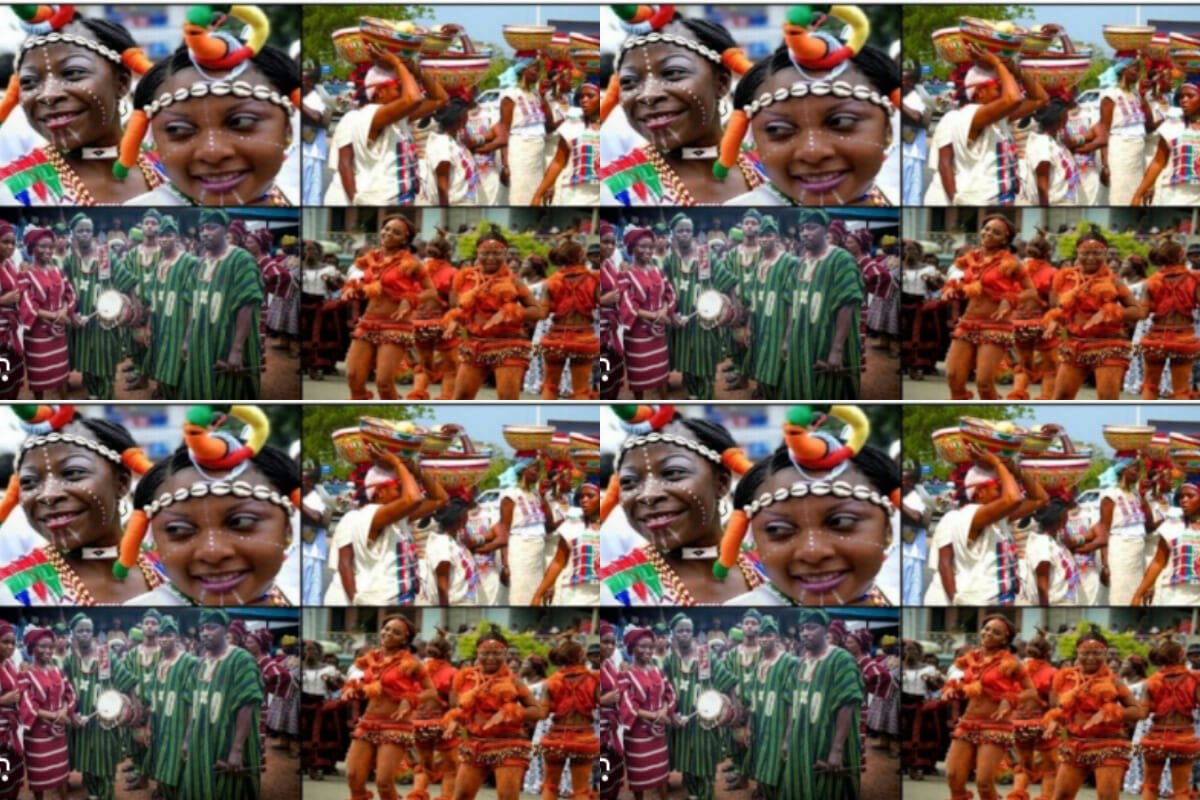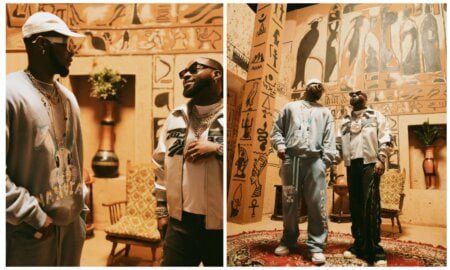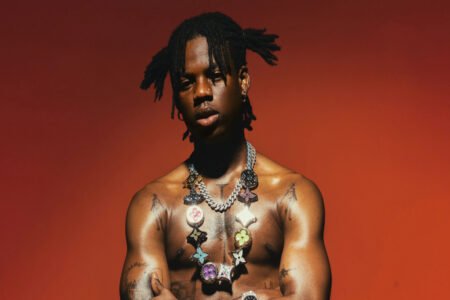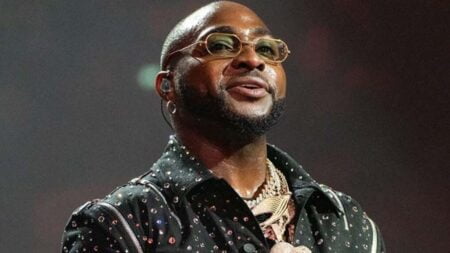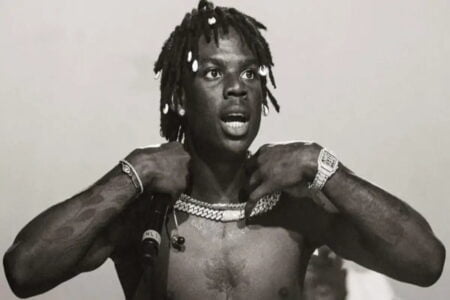Nigeria, a nation renowned for its many ethnic groups and rich cultural heritage, thrives on celebrations that are as colorful and varied as its citizens. In these cultural celebrations, music, which is ingrained in Nigerian society, is essential for enhancing the mood, expressing emotions, and maintaining traditions. Music unifies, inspires, and celebrates the essence of Nigerian tradition at all occasions, from weddings to festivals.
The celebratory rhythm of Nigerian culture is a mesmerizing dance of music, history, and harmony. Music preserves the nation’s cultural heritage and passes it on through the generations as a living testimony to its history. From the lively beats of weddings to the soulful melodies of funerals, music is a constant companion in every facet of Nigerian life.
In this article, we will explore the multifaceted role of music in Nigerian cultural celebrations, highlighting its significance, diversity, and enduring impact.
Preserving Tradition and Identity
Nigeria’s diverse ethnic groups, each with their own customs, dialects, and rituals, are reflected in the country’s cultural holidays. Music serves as a potent medium for transmitting ancestors’ tales, ideals, and identities from one generation to the next. The talking drum, kora, and shekere are examples of traditional instruments that are used to elicit nostalgia and establish a link between the present and the past.
During events like the Igbo‘s “Iri Ji” (New Yam Festival) or the Yoruba’s “Olojo” (Festival of the First Day), music serves as a living archive, echoing the stories of ancestors and connecting modern Nigerians to their roots. The beats and melodies evoke a profound sense of pride and belonging, reminding everyone of their shared history and cultural legacy.
Expressing Emotions and Celebratory Spirit
Music naturally has the power to arouse emotions and foster an atmosphere of happiness, love, and harmony. For instance, weddings in Nigeria are renowned for their raucous gatherings where music is the main event. Music creates the mood for these gatherings, from the traditional bridal procession to the energetic reception. The flawless blending of highlife, afrobeat, and other traditional genres results in a musical environment that captures the couple’s journey and the community’s overall happiness.
In contrast, during somber events such as funerals, music takes on a different role. The dirges and elegies sung during these ceremonies help mourners express their grief, pay respects, and honor the departed. The melodies provide a cathartic outlet for emotions, bringing solace and comfort to those in mourning.
Fostering Community and Unity
The community nature of Nigerian cultural events draws people from all walks of life together to honor common ideals and traditions. Language and cultural divides are transcended by the unifying power of music. Drum circles, chants, and call-and-response exercises encourage involvement, incorporating each visitor into the event’s musical symphony.
In festivals like the Durbar in the North or the Eyo Festival in Lagos, music binds participants in a rhythmic embrace, forging bonds and creating a sense of togetherness. These musical interactions strengthen the communal ties and emphasize the importance of collectivism in Nigerian society.
Innovation and Fusion
Traditional music still plays a significant role in Nigerian cultural festivities, but contemporary influences have given rise to creative fusions that blur the lines between the present and the past. Younger generations are drawn to contemporary genres like Afrobeats because they combine traditional rhythmic aspects with international sounds to create a fresh acoustic environment.
Modern Nigerian musicians and music producers pay homage to their past while appealing to a wider audience by incorporating traditional instruments and vocal techniques into their songs. The dynamic nature of Nigerian music and its capacity for adaptation while remaining steeped in tradition are highlighted by this mix of the old and contemporary.
As Nigeria continues to evolve, so does its music. The harmonious blend of tradition and innovation in Nigerian music exemplifies the resilience and creativity of its people. As future celebrations unfold, music will undoubtedly remain the heartbeat that unites Nigerians in their diverse cultural journey.
Image Credit: Dubawa

